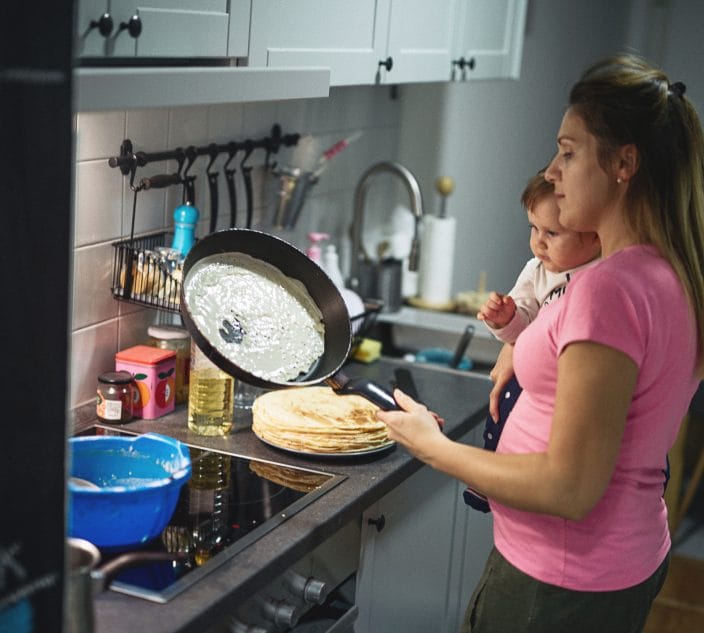As for who was exposing the child to a food, most often it was the child’s mother (64 percent of the time), followed by the father (21 percent). Seven percent of the time, a grandmother tried out the food, and in one case it was a caregiver.
While all the reasons for exposure are of concern, the quarter of this group who believed that “small exposures would speed allergy resolution,” suggest an alarming attempt at home-based oral immunotherapy (OIT). This is dangerous, and allergists always emphasize that this type of therapy must only be begun in a clinical setting, under the supervision of qualified medical professionals.
Lead author Mudd expressed another concern: the families involved in the study are getting some of the best allergy care and education available. They are being told their food-allergic children must completely avoid their triggers at all times. How then could these purposeful exposures be occurring?
“There’s something to be learned here – if you have families who are getting what we think is the best care available, but they are still willing to do this, then clearly there’s something that we’re not doing, that we need to be doing,” said Mudd.
The Fall 2012 edition of Allergic Living magazine informed readers of the original study, published in Pediatrics in July 2012. In it, the researchers were simply trying to learn more about preschool-aged children and their food allergies. They were surprised to learn of a high rate of reaction – 72 percent during a three-year period – among infants. They were taken aback to learn that 11 percent of those reported reactions were caused by the infants being “knowingly” fed their allergen (peanut, milk or egg). This second study was undertaken to learn about why the children were being exposed to an allergen. It concludes that, given these intended exposures among parents, it’s important for physicians to offer guidance on the importance of the avoidance diet when dealing with a food allergy.
If you have any questions about your own allergic child’s diet, please contact your allergist or dietitian for assistance. Remember that it is never safe to experiment at home with “testing” a food on an allergic child.
See Allergic Living‘s full coverage of the 2013 AAAAI allergists conference.





